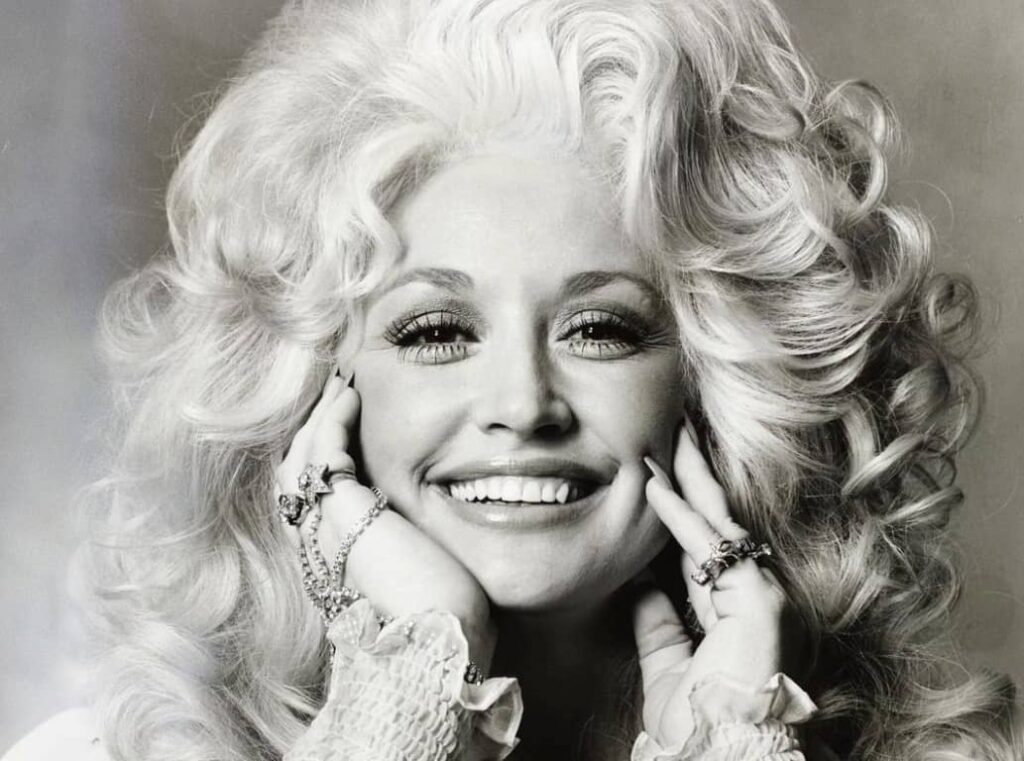A Plea Drenched in Vulnerability: The Quiet Power of a Woman Confronting Her Own Insecurity

When Dolly Parton released “Jolene” in October 1973, the song swiftly revealed itself to be more than just a country hit—it was an emotional masterclass in restrained desperation. Featured on her 1974 album of the same name, Jolene, the single ascended to No. 1 on the Billboard Country chart, further solidifying Parton’s ascent from regional darling to national icon. Yet beyond its commercial success lies a work of songwriting so precise and emotionally immediate that it continues to haunt listeners decades later.
“Jolene” begins with a name—repeated, trembled, implored. What follows is not a typical country ballad about betrayal or vengeance, but rather a raw and painfully honest entreaty from one woman to another. In it, Dolly Parton does something quietly radical: she doesn’t vilify Jolene, nor does she heap blame upon her partner. Instead, she exposes herself fully, voicing the tender anguish of comparison and fear of inadequacy with a directness that’s both disarming and deeply human.
The song’s genesis reportedly stems from two separate inspirations: a flirtatious bank teller who took an interest in Parton’s husband early in their marriage and a young fan who asked for her autograph—whose name happened to be Jolene. By weaving these experiences together, Parton crafted a song that feels less like autobiography and more like universal confession. Every listener can identify with the narrator’s vulnerability, her voice trembling with the knowledge that beauty alone might be enough to unravel love.
Musically, “Jolene” is minimalist yet hypnotic. Its churning guitar arpeggios mimic the incessant thoughts of anxiety and jealousy looping through the narrator’s mind. There is no sweeping crescendo here—no orchestral swells or climactic bridge. Instead, the tension tightens like a noose throughout its brief runtime, never releasing its grip. Parton’s crystalline soprano rides just above the instrumentation, her phrasing delicate but determined, capturing the character’s quiet despair with devastating control.
Lyrically, Parton subverts traditional narratives within country music—where women often compete or seek revenge—by instead exploring internal doubt and pleading for mercy from a perceived rival. “Your beauty is beyond compare,” she sings with aching admiration laced with fear. It’s not just Jolene’s allure that terrifies her; it’s what that allure represents: the fragility of love when weighed against self-doubt.
In an era dominated by male voices and brash confidence, “Jolene” stands out for its feminine perspective that neither screams nor demands—it simply asks. It captures the universal ache of comparison—the futile but all-too-human instinct to measure oneself against an idealized other. And in doing so, it becomes not just one of Dolly Parton’s most iconic songs, but one of American music’s most enduring portraits of emotional honesty.
Over time, “Jolene” has transcended genre and generation—covered by artists as disparate as The White Stripes and Miley Cyrus—not because it’s flashy or grandiose, but because it dares to stand still in its sorrow. It doesn’t resolve; it doesn’t retaliate. It simply feels. That is its brilliance—and its power.